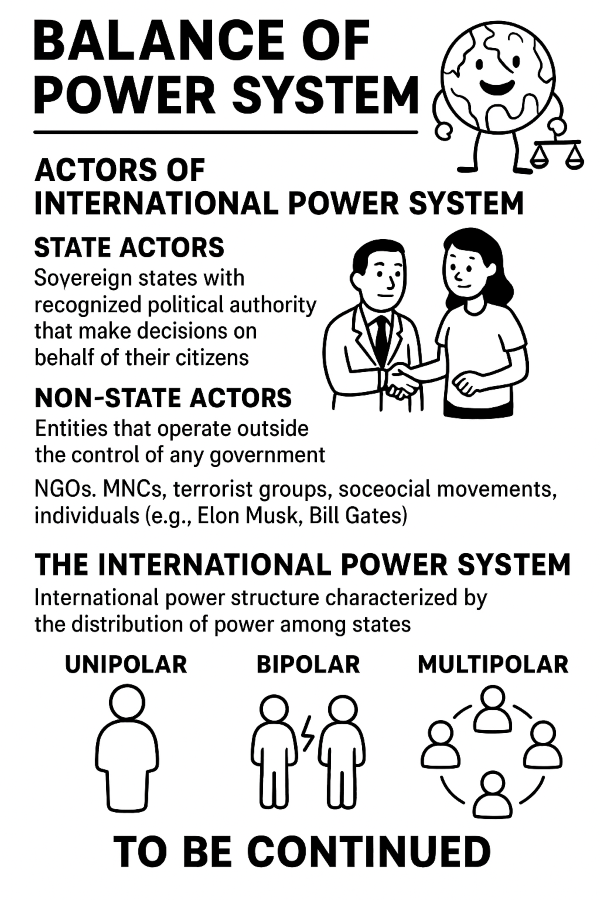Turning Evening Peak Energy Cost into Long-Term Savings: A National Imperative – By Jeremy Fernando MIET (UK)
Image Source : solarpowerportal

Sri Lanka’s Energy Transition: An Urgent Turning Point
Sri Lanka is entering a critical phase in its energy transition, where balancing affordability, energy security, and sustainability is more vital than ever. With over 7 million electricity consumers nationwide, the country faces a growing energy demand during the evening peak, primarily met by costly fossil fuel-based generation. This pattern poses a significant financial strain on the national utility and the Government of Sri Lanka (GoSL), especially as global fuel prices fluctuate and fiscal constraints tighten.
One of the major contributors to this burden is the evening peak demand, typically between 6 PM and 10 PM, during which the cost of electricity generation escalates sharply. Meeting this demand often requires the deployment of diesel or thermal power plants, which can cost the country upwards of LKR 60–90 per unit, depending on fuel prices. However, the tariff charged to consumers is significantly lower, creating a revenue gap that must be subsidized by the government or passed on through debt accumulation.
The 10% That Drives 20% of the Cost
Analysis of available consumption data indicates that approximately 10% of electricity consumers fall into the 300–600 unit/month bracket, a segment that alone contributes nearly 20% of the total energy cost borne by the national utility. These households—typically middle-income urban and semi-urban dwellers—are uniquely positioned:
- They have sufficient roof space for solar installations
- They consume enough energy to justify battery storage
- They are disproportionately impacted by electricity tariff hikes
- Targeting this 10% segment could drastically reduce the overall cost burden during peak hours.
Solar + Storage: A Strategic National Investment
The deployment of solar plus battery storage systems in these 400,000+ households presents an unprecedented opportunity:
- Reduce fossil fuel imports by offsetting evening peak demand
- Lower the subsidy burden on the government and improve fiscal health
- Create long-term energy income for consumers by allowing them to contribute stored energy back to the grid during evening peaks
- Build national energy resilience through decentralized power generation and storage
This shift requires a forward-thinking policy environment that encourages consumer participation while ensuring affordability.
Roof Rental: Bridging the Affordability Gap
A key barrier for middle-income households is the lack of upfront capital for solar plus storage. A well-tested solution is the roof-rental model, which allows:
- Third-party investors or service providers to install and operate systems on consumer rooftops
- No upfront cost for homeowners
- Revenue sharing or energy offset for consumers
- Guaranteed returns for investors based on energy export at peak tariff rates
This model has been successfully used in Sri Lanka during early solar rollouts and can now be revived for storage-integrated systems.
Policy Recommendations for Government Action
To unlock this potential, several key actions are urgently required:
- Announce and implement a Feed-in-Tariff (FiT) for evening peak energy exports, starting at LKR 45.80 and ideally moving to LKR 60 per unit, reflecting real grid cost savings.
- Provide tax incentives and VAT exemptions for solar plus storage equipment to reduce initial cost barriers.
- Enable streamlined financing schemes through banks and DFIs for households in the 300–600 unit bracket.
- Support roof-rental investment mechanisms with enabling regulation and investor safeguards.
- Establish national standards for residential battery systems to ensure quality and safety.
- Educate the public through a national awareness campaign on the benefits and savings of becoming a solar + storage prosumer.
A National Win-Win Strategy
Sri Lanka has already shown leadership in solar through net metering and tariff reform. The next leap must involve targeted deployment of battery-backed solar systems during the evening peak—where the cost savings and environmental benefits are greatest.
With the right policies, financing, and strategic partnerships, this initiative can save the government billions, empower consumers, and lay the foundation for true energy independence.
Author: Jeremy Fernando is an Innovator and Patent holder for Energy Storage Systems (ESS), currently engaged as a freelance Consultant on ESS. He can be contacted on jeremyF@smarthome.lk – https://www.linkedin.com/in/jeremy-fernando-miet-uk-24a385158/
























